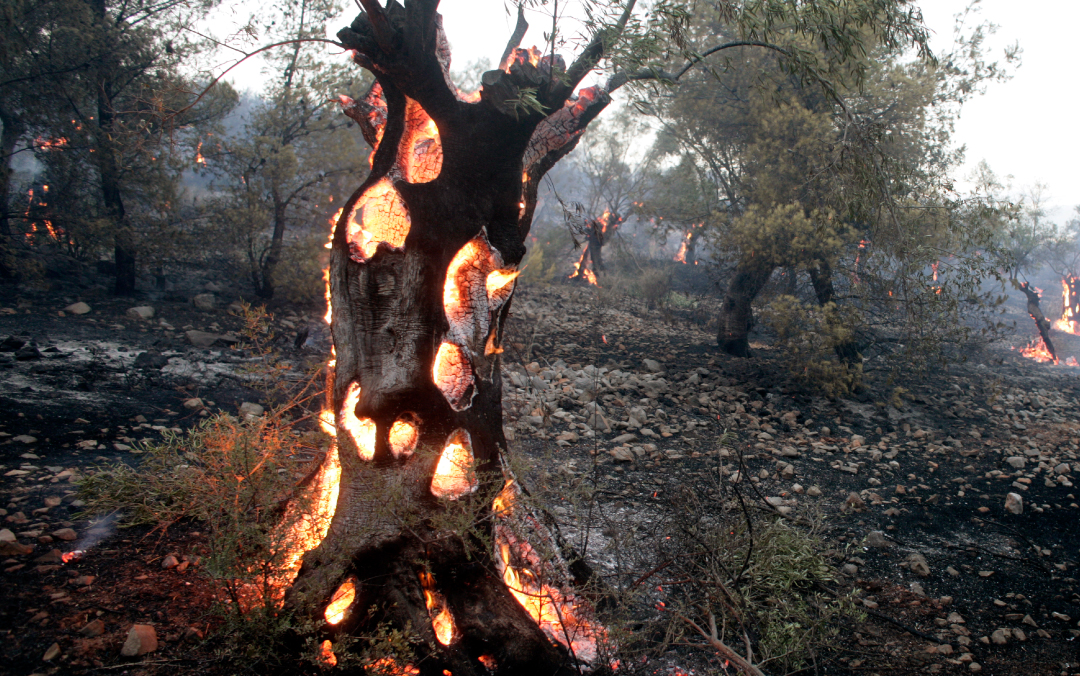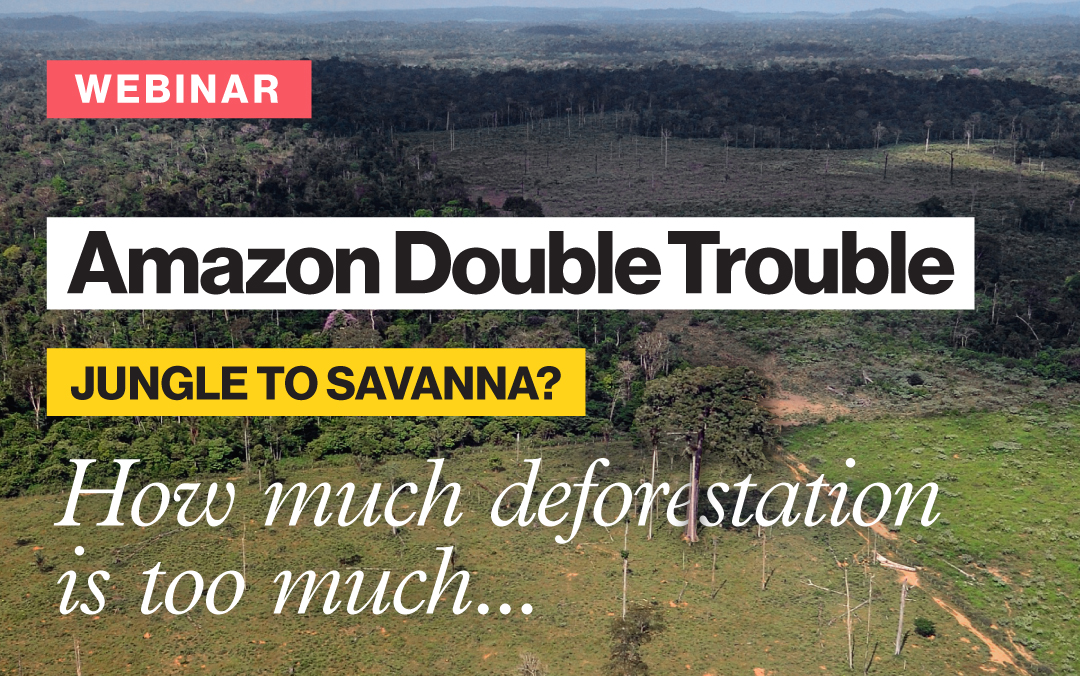When we talk about climate tipping points, we often focus on temperature thresholds, polar ice sheets, the Amazon rainforest or Atlantic ocean currents. But what about the marine life that the ocean sustains?
In this ClimTip webinar, Dr Amber Boot from Utrecht Unversity explores what happens to marine ecosystems when Atlantic Ocean circulation patterns, such as the Atlantic Meridional Overturning Circulation (AMOC) or the North Atlantic Subpolar Gyre (NASPG), begin to destabilize.
Using climate simulations from the CESM2 model under different emissions scenarios (SSP1-2.6 and SSP5-8.5), the research team conducted “hosing experiments” to mimic freshwater-driven AMOC weakening. These shifts were then used to drive the global marine ecosystem model EcoOcean, revealing how physical and biogeochemical changes in the ocean impact phytoplankton—and the broader food web.
Among the key findings:
- Deep convection in the NASPG disappears under both control and hosing scenarios.
- The AMOC weakens significantly in hosing experiments.
- These shifts lead to major changes in ocean temperature and nutrient distributions.
- Phytoplankton communities shift in response, potentially altering entire marine food webs.
This research underscores the need to understand not only physical tipping points but also their ecological consequences. As the climate warms, disruptions to ocean currents could have cascading effects on biodiversity, fisheries, and the global carbon cycle.
Webinar Recording Online
Watch the full webinar here to explore how these models work—and what they reveal about the future of our oceans:

Speaker profile
Amber Boot (ey/em/eir) started eir PhD at Utrecht University in 2019, focusing on the interaction between the (marine) carbon cycle and the AMOC, using both simple box models and comprehensive Earth System Models. Ey is currently a postdoctoral researcher in the same group, studying the interplay between the NASPG and AMOC, as well as how model biases influence AMOC stability. The work presented by em stems from a complementary research line exploring how marine ecosystems respond to tipping behavior in both the SPG and the AMOC.
For more conversations like this, explore the ClimTip webinar series and see how science is tackling the biggest challenges of climate tipping points.
Add to your Watchlist
Watch the previous webinar with Maya Ben-Yami on the impacts and uncertainties of AMOC collapse.
Image credit (thumbnail and opener): Design by Kuat Abeshev. Photo by Jonathan Chen on Unsplash.





